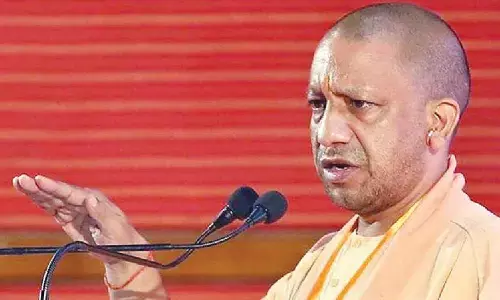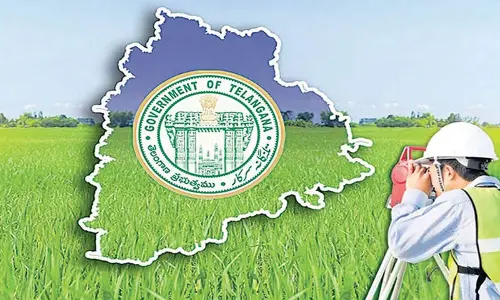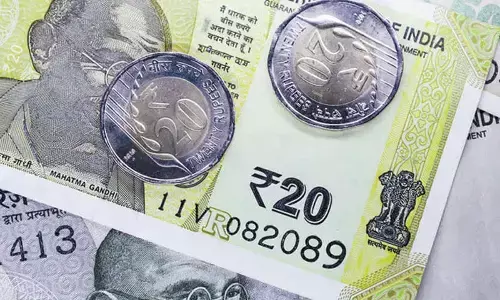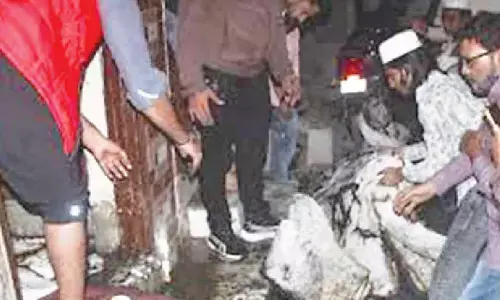India battling climate change and it's getting worse

India battling climate change and it's getting worse
With increasing temperatures as a result of global warming in South Asia and the consequent exceeding levels of heat and humidity, it is predicted that we will have more intense, longer and frequent heat waves in India
New Delhi: The spectre of climate change is here to stay and even worsen, say climate scientists as searing winds blow across swathes of north India, including New Delhi where temperatures have crossed 49 degrees Celsius, and flash floods ravage parts of the northeast.
A day after two weather stations in Delhi saw temperatures of more than 49 degrees Celsius and neighbouring Gurgaon registered 48 degrees Celsius, the highest since May 1966, experts on Monday analysed the incidence of extreme weather events and sounded a dire warning.
With increasing temperatures as a result of global warming in South Asia and the consequent exceeding levels of heat and humidity, it is predicted that we will have more intense, longer and frequent heat waves in India, environmentalist and climate scientist Shakil Ahmad Romshoo told PTI in a phone interview from Srinagar.
According to the University of Kashmir professor, one indicator of climate change is the increasing frequency of climate extremes. A heat wave, he said, is a climate extreme and a direct indicator of climate change.
Over the last few decades, global warming has been on an accelerated pace and its marks can be seen in any single day of global weather since the 2000s. Generation Z has never lived a day without feeling the influence of global warming, added Roxy Mathew Koll from the Indian Institute of Tropical Meteorology in Pune. The national capital recorded its second hottest April this year since 1951 with a monthly average maximum temperature of 40.2 degrees Celsius.
March 2022 was India's hottest March in recorded history (1901-2022). The temperatures were high in entire India, especially the northwest regions that underwent a heat wave. Temperatures continued to run significantly above normal in April 2022 over large parts of India, excluding south India, Koll told PTI in an email interview. According to official records, heat waves have caused over 24,000 deaths from 1992 to 2015 across the country.










